The World Before Columbus 1100-1492
Culture is born of the exchange of ideas. The greatest cities of the past were those which acted as meeting places for diverse cultures and allowed them to flourish: in the days of predominantly overland travel that meant cities such as Rome, Constantinople and Xi’an. To take a simple example, great food is never invented in isolation. As the historians of Italian gastronomic culture Alberto Capatti and Massimo Montanari have observed, identity derives from difference in the sense of relations with others. Thus in food terms “local” identity comes from the meeting of cultures and products being exchanged. An exclusive local product has no geographical identity since it derives from de-localisation; to use their example, the "mortadella di Bologna" is thus defined only when it is is sold beyond the area in which it is produced. In fact the gastronomy of each of those cities bears traces of that of the other three, in terms of raw product, spices and condiments, and preparation methods.
“Ma così si dimentica che l’identità si definisce anche (o forse soprattutto) come differenza, cioè in rapporto agli altri. Nel caso specifico della gastronomia ciò appare con chiarezza: l’identità «locale» nasce in funzione dello scambio, nel momento in cui (e nella misura in cui) un prodotto o una ricetta si confrontano con culture e regimi diversi. … Il prodotto esclusivamente «locale» è privo di una identità geografica in quanto essa nasce dalla sua «delocalizzazione».”
This book, The World Before Columbus 1100-1492, was first published in London in 1989 by W H Allen. It was written as an antidote to many books about Christopher Columbus which were scheduled to be published in 1992, the five hundredth anniversary of the traditional date of his ‘discovery’ of America in 1492. For this reason the final two chapters focused on Italian and Portuguese explorers and merchants in the 14th and 15th centuries, with a section about the Portuguese exploration of Africa, and also on Scandinavian sea journeys across the Atlantic at a much earlier date. The aim was to show that parts of America had been discovered and even colonised long before Columbus set sail.
Not by chance, it was appreciated in the country of the Saga of Eirik the Red, who is supposed to have sailed to America, where it was published with the title: Världen Före Columbus 1100-1492 (Stockholm: Bokförlaget Prisma, 1991). It was also translated into German as Bevor die Welt Rund Wurde: Das Zeitalter der Entdeckungen 1110 bis 1492 (Bergisch Gladbach: Bastei Lübbe, 1992).
But several key sections concerned the exploration eastwards and overland to Asia, for military reasons as in the case of Alexander the Great, for trade as in the case of the Romans, for religious reasons as in the case of the Crusades of the 12th and 13th centuries which re-opened European eyes towards the Far East and in particular China through contact with Islam. Thus three chapters looked at travels towards China in three categories: missionaries, diplomats and merchants - such as Marco Polo.
A new and updated edition of this book, at least 50% new, takes these three chapters almost intact together with information from other chapters, and integrates them with more recent knowledge on my part deriving from twelve years residence in China. It will be published as an e-book in 2016, with the title The European Discovery of China.
The very attractive Swedish edition


